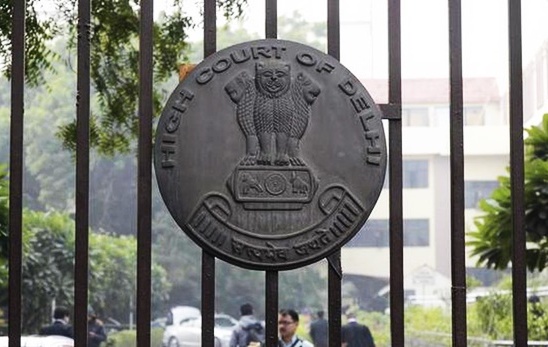Sushree Mohanty
The Delhi High Court has directed Telecom Regulatory Authority of India (TRAI), the statutory body in charge of regulating telecommunication sectors in India, to ensure that the telecom operators strictly follow and implement the Telecom Commercial Communication Customer Preference Regulation (TCCCPR), which was framed in 2018 to curb the problem of unsolicited commercial communication (UCC) or spam calls and messages.
The TCCCPR was primarily issued to effectively deal with the nuisance of spam experienced by subscribers.
The Delhi High Court also directed the telecom service providers (TSPs), which included state-run Bharat Sanchar Nigam Ltd (BSNL), Reliance Jio, Airtel and Vodafone, to ensure they strictly comply with the TCCCPR guidelines of 2018 issued by TRAI.
The latest direction comes in response to a writ petition filed by Paytm Payments Bank Ltd (PPBL) & One97 Communications (OCL) last year.
The bench comprising Chief Justice D N Patel and Justice Jyoti Singh disposed of the plea by One97 Communications Ltd, alleging that telecom operators are not blocking “phishing” activities over various mobile networks.
Paytm, in its plea filed through Advocate Karuna Nandy claimed that millions of its customers have been defrauded by the phishing activities over the mobile networks and the failure of the telecom companies to prevent the same has “caused financial and reputational loss”, to it for which it had also sought damages of Rs 100 crore from them.
The counsels for the TSPs, during the hearing, told the bench that they were complying with the regulations and would continue to do so.
The bench, in its pronouncement, said, “We direct Respondent 2 (TRAI) to ensure complete and strict implementation of the TCCCP Regulations of 2018 and other related regulations issued from time to time to prevent unsolicited commercial communications over the networks of the TSPs. We expect Respondent 2 to strictly implement the regulations and in case of any violation, action would be initiated in accordance with the regulations”.
In November 2020, TRAI had told the court that it has imposed financial disincentives ranging from Rs 34,000 to Rs 30 crore on telecom companies like BSNL, Reliance Jio, Airtel and Vodafone for not preventing UCC over their networks between April to June 2020.
The submission were correspondent to the court’s direction in September 2020 that directed to start taking action in accordance with law against unregistered entities and those persons not complying with its regulations in order to curb the problem of UCCs.
In a media statement, the CEO and Managing Director of Paytm Payments Bank Ltd, Satish Kumar Gupta, said,
“Today’s decision by the Honourable Court will go a long way in safeguarding millions of Indians in the country who make digital payments and other online transactions. We strongly believe that all of us including regulators, government and access providers have to come together to fight the menace of fraudulent calls and SMSs in the country. We are sanguine that telcos will abide by the court’s order in true spirit. This is important to further reinforce the trust of citizens in digital transactions and help in building a truly digital and AtmaNirbhar Bharat.”
Phishing is the fraudulent practices of sending emails, messages or calls, purporting to be from reputable companies in order to induce individuals to reveal personal information, such as passwords and credit card numbers, online.
In India, Sections 66C and 66D of the Information Technology Act, 2000 deal with phishing as a cybercrime.

